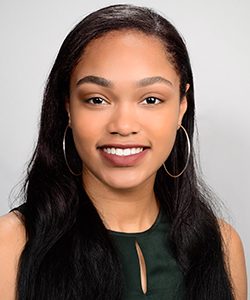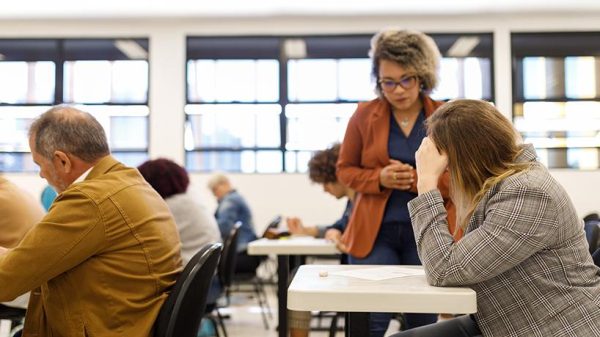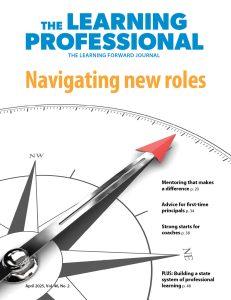On March 22, Learning Forward led a conversation on Twitter about coaching and the future of schooling and learning. The conversation was based on the February issue of The Learning Professional titled, Looking Ahead, which focuses on the unique moment we’re in and planning for the future as we continue to navigate the pandemic — highlighting how coaching is more important than ever.
In case you missed the Twitter chat, below are the six questions that we asked participants:
- Amid crisis, teachers have been engaging in extraordinary innovation and creativity, as Linda Darling-Hammond tells us. How are you helping teachers learn from one another’s innovations?
- To navigate the pandemic, coaches need to meet teachers’ immediate needs while pushing their learning forward, advises Sharron Helmke. How are you balancing support and challenge?
- This unusual school year has presented opportunities to do things differently, sometimes for the better. Jal Mehta says schools should think about how to keep the positive changes post-pandemic. How can coaches help schools do that?
- One benefit of remote learning is that educators have formed broader professional learning networks, write Mary Anton and colleagues. How are you engaging in learning networks this year and beyond?
- Angel Montoya and Laura Summers share eight dimensions of wellness for educators. As you plan for the rest of this year and next, how will you support teachers’ wellness?
- As you look ahead to the next school year, what do you hope will be the same and different?
The questions above led to shared insights, strategies, and tools as instructional coaches reflected on the past school year and thought about the upcoming school year. Below are some takeaways from the Twitter chat:
- In order to help teachers learn from one another, participants have: created new spaces (e.g. lunch-and-learns; newsletters; peer coaching; discussion boards) for sharing, problem-solving, and collaboration; and encouraged the use of video and protocols as a learning tool for teachers (e.g. interviewing teachers on camera).
- Participants have balanced support for teachers by: listening; being respectful; being responsive and consistent; having empathy and grace; co-planning instruction; providing time-saving resources; and encouraging self-care.
- When it comes to challenging educators to push their learning forward, participants have: encouraged teachers to take advantage of professional learning networks (PLNs); set teacher and student goals; prompted teachers to be researchers of their own practice; rewarded teachers (with badges) for applying new learning; and recommended student-centered conversations.
- Examples of ways coaches can help schools keep positive changes post-pandemic include: encouraging reflection on “near-misses” and successes; exploring ways to support students’ executive functioning; creating trauma-informed practices; continuing to focus on equity; asking educators plainly what they need; studying what is having a positive impact on students, teachers, administrators, and families and spreading what works; and using cognitive coaching.
- As far as engaging in professional learning networks, participants are: expanding theirs by reaching out to neighboring districts and experts in the field; using social media to connect with more educators; participating in virtual gatherings/meetings; and even scheduling coaching sessions (with other coaches) for themselves.
- Coaches can support teachers’ wellness by: making wellness a priority for themselves (Sharron Helmke notes when coaches model this behavior, teachers can feel safer taking time out for wellness, too.); encouraging educators to say “no” sometimes; asking educators what they could do for themselves; finding ways to incorporate wellness into educators’ work and in professional learning; spotlighting successes; curating research-based wellness practices; celebrating when self-care is a top priority; lifting spirits through gift-giving (e.g. goodie bags); and reminding educators to set boundaries.
- Some things participants are hoping will stay the same next year are: remembering that education is more than academics; the connections made with other educators; the support and collaboration for success; the virtual networks and meetings; the attitude of “whatever it takes”; the focus on equity and student trauma; and getting out of our comfort zones.
- Some things participants hope to be different next school year include: the stress levels that educators experienced this year; the feeling of being overwhelmed; the feeling of uncertainty and fear; less deficit-based mindsets; and more face-to-face time.
You can view the archived version of the full chat here. To be notified of future Twitter chats, follow us on Twitter @LearningForward. Thank you to all participants for contributing to this conversation.









